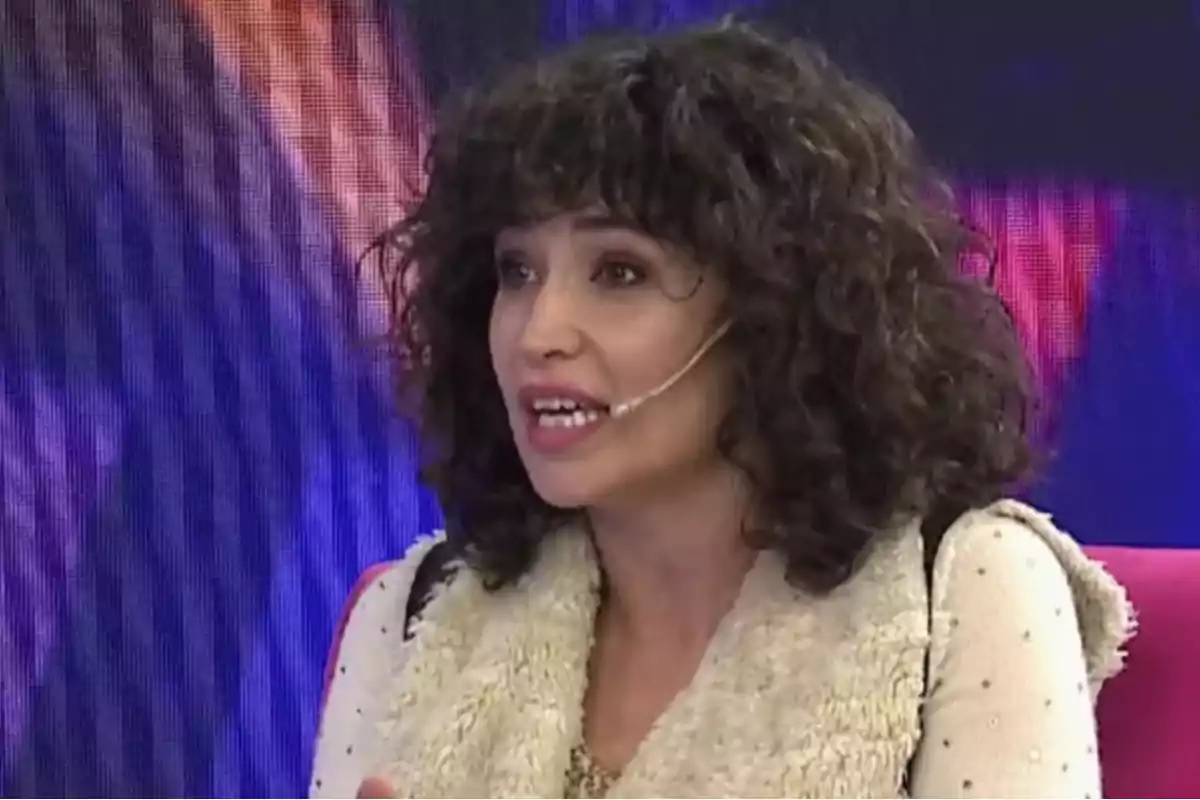
Javier Milei took Julia Mengolini to court for personal insults.
The judicial filing was assigned to Federal Criminal and Correctional Court No. 7
President Javier Milei filed a criminal complaint against the ultra-Kirchnerist journalist Julia Mengolini as a result of a series of statements that, according to the president, affect his honor and seek to publicly denigrate him.
The legal filing was submitted to Federal Criminal and Correctional Court No. 7, presided over by Judge Sebastián Casanello, and was signed by his attorney, Francisco Oneto.
Baseless accusations: personal attacks disguised as opinion
Mengolini, with a long career in media outlets linked to Kirchnerism, made comments on television, radio, and social media where she insinuated an alleged "romantic involvement" between Milei and his sister, Karina Milei, in addition to making insinuations about his relationship with his dogs. "He is a man who lives with 8 dogs and is in love with his sister," she said live on Duro de Domar (C5N), one of the most critical channels of the current government.
According to the complaint, these statements are not only unfounded, but were made with the deliberate intention of hurting and ridiculing the President, resorting to clearly offensive, unnecessary, and denigrating expressions.
Presidential defense: not everything is permissible in the name of freedom of expression
Milei's legal team points out that these statements are not protected by freedom of the press or by public interest, since they cross the boundaries of what is tolerable even in a democratic society. The principle of actual malice is invoked, which establishes greater responsibility when statements are made knowing they are false or with reckless disregard for their truthfulness.
In this context, Milei is not only defending his reputation as a citizen, but also the presidential office, which, according to the document, "can't be the object of malicious mockery under the pretext of criticism."
Contradictions of Mengolini: when the journalist feels like a victim
One of the most relevant aspects of the complaint is Mengolini's own contradiction, as days ago she recounted having been the target of similar accusations about an alleged incestuous relationship with her brother. In an interview with constitutional lawyer Andrés Gil Domínguez, she expressed her discomfort and concern about the harm that situation caused her, even wondering whether it would be appropriate to initiate legal action.
This evidence, for Milei, is key: it demonstrates that the journalist herself acknowledges that this type of statement can cause irreparable harm. Therefore, by having engaged in these practices herself, her double standard and bad faith become evident.
The limits of political criticism: case law and defense of honor
The document submitted cites Supreme Court rulings that define the scope of freedom of expression, making it clear that personal attacks and offensive remarks are not protected when it comes to public figures. Political criticism is valid, but when expressions affect dignity and honor without factual basis, the crime of defamation, as provided in Article 110 of the Penal Code, may be established.
In this regard, it is emphasized that "mechanically interpreting the public interest exemption would mean disregarding the right to honor of public figures, which would be unconstitutional."
Milei sets a boundary: politics can't be a territory of verbal impunity
With this complaint, the President sets a precedent in defense of the limits of democratic debate. Political criticism can't lead to defamation or smear campaigns that seek to undermine the legitimacy of an elected government. On the contrary, the firmness with which Milei addresses this case reflects his commitment to institutional integrity and to a public debate that respects essential values such as truth, respect, and the right to honor.
While some sectors seek to muddy the waters with provocations, the President responds with arguments, with evidence, and within the framework of the justice system.
More posts: